Winter is a season of beauty and calm for many, but it can also bring about challenges for mental health. As the days grow shorter and temperatures drop, many of us struggle with the effects of winter stress and seasonal depression. For those of us who feel isolated or overwhelmed, it can seem harder than ever to maintain mental wellness. But this winter, there is hope: VR wellness is revolutionizing the way we manage mental health.
Virtual Reality: Mental Health Benefits this Winter
Imagine a snowy evening where you’ve had a long day. You’re feeling exhausted, stressed, and perhaps a bit down. But instead of reaching for your phone to scroll through endless social media feeds, you put on a virtual reality headset and find yourself walking through a peaceful beach or meditating in a serene forest. This simple shift in your environment, all thanks to virtual therapy, can do wonders for your mental health.
In this article, we’ll explore how Virtual Reality wellness can benefit your mental health during the colder months, offering solutions for those struggling with winter stress, seasonal depression, and loneliness. Let’s dive into the world of virtual reality and discover how it can be a game-changer for your well-being this winter.
VR Wellness
Virtual Reality (VR) wellness is a cutting-edge form of digital therapy that uses immersive technology to enhance mental and emotional health. By transporting individuals to calming virtual environments, VR therapy helps alleviate stress, anxiety, and depression. It combines the power of mental wellness techniques, such as meditation and relaxation, with immersive, interactive experiences.
VR wellness is an especially valuable tool in the winter months, when many of us are more vulnerable to mental health challenges like seasonal depression. Let’s look at how Virtual Reality wellness can help during these tough times.
The Power of Virtual Therapy for Mental Wellness
How VR Therapy Works
Virtual therapy is not just about relaxation. It is a holistic approach to improving mental health by providing guided exercises, stress management techniques, and emotional support in an engaging and non-judgmental virtual space. Whether you’re looking to reduce anxiety, practice mindfulness, or manage stress, VR therapy offers personalized experiences that can suit your individual needs.
VR Meditation and Mindfulness
One of the most popular uses of VR for mental wellness is meditation. By offering 360-degree views of peaceful landscapes, VR meditation apps transport users to places like beaches, forests, or even outer space. These immersive environments, combined with soothing audio, help individuals achieve deep states of relaxation and mindfulness. Some of the top Virtual Reality wellness apps even provide guided sessions that teach breathing techniques and encourage positive thinking.
Overcoming Winter Stress and Seasonal Depression
Seasonal depression, also known as Seasonal Affective Disorder (SAD), affects many people during the colder months. The lack of sunlight and increased isolation can contribute to feelings of sadness, fatigue, and hopelessness. Virtual Reality wellness offers a way to combat these feelings. With virtual environments designed to boost mood and reduce stress, users can experience uplifting interactions without ever leaving their homes. Research has shown that spending just 15-30 minutes a day in a virtual environment can significantly improve mood and reduce feelings of depression.
7 Powerful VR Wellness Benefits for Mental Health
In recent years, virtual reality (VR) has revolutionized multiple fields, and mental health care is no exception. VR wellness applications have gained significant attention for their potential to transform how we manage our mental health. This technology brings immersive experiences that can effectively reduce stress, improve mood, and even address deeper mental health concerns like seasonal depression and winter stress. In this article, we’ll explore seven powerful benefits of using Virtual Reality wellness for mental wellness and how it can become an essential tool for managing mental health.
1. Immersive Virtual Therapy for Anxiety Relief
Virtual Therapy in Action
One of the primary benefits of VR wellness is its ability to provide virtual therapy sessions that help individuals manage anxiety. Anxiety is one of the most common mental health challenges, affecting millions globally. VR therapy allows users to engage in therapeutic experiences within a safe, immersive environment. These therapeutic environments can include calming landscapes, like serene beaches or quiet forests, designed to help individuals practice relaxation techniques such as deep breathing and mindfulness.
How VR Helps Anxiety
Studies have shown that VR therapy can help lower symptoms of anxiety. According to a 2021 study, 70% of participants using VR therapy experienced a significant reduction in their anxiety levels after just a few sessions. This is because VR therapy engages the brain in a way that traditional methods often cannot. The immersive nature of VR means individuals can escape their immediate surroundings and focus on the present moment, offering a powerful way to manage anxiety.
Key Takeaway:
- VR therapy provides an engaging and immersive environment for managing anxiety, offering quick and effective relief for individuals suffering from anxiety-related disorders.
2. Reducing Winter Stress with Calming VR Experiences
The Seasonal Struggle
When winter arrives, many individuals face a rise in winter stress. The shorter days, colder weather, and isolation can have a significant impact on mental health. Whether you’re struggling with work-related stress or feeling disconnected from others, the colder months can exacerbate mental health issues. VR wellness offers an effective way to combat this.
How VR Wellness Can Help
By providing a way to experience stress-relieving activities like meditation, yoga, and guided breathing exercises, Virtual Reality wellness can help reduce stress levels during winter months. VR wellness apps, such as Virtual Reality Mindfulness, place users in calming virtual environments, helping them disconnect from their stressful surroundings and reconnect with their inner peace. The guided relaxation sessions within VR have been shown to lower cortisol levels (the stress hormone) by up to 30%, promoting a sense of calm and relaxation.
Key Takeaway:
- Virtual Reality wellness tools can combat winter stress by providing effective stress-relief exercises in virtual environments, enhancing relaxation and mood.
3. Combatting Seasonal Depression with VR-Based Therapy
Seasonal Depression and Its Effects
As the days shorten and the weather turns cold, many people experience a dip in their mental well-being. Known as seasonal depression or Seasonal Affective Disorder (SAD), this condition affects approximately 10% of the population in countries with long, dark winters. SAD symptoms include feelings of sadness, irritability, and low energy, and it’s believed that reduced exposure to sunlight can contribute to this disorder.
Virtual Reality Wellness as a Solution
Studies have shown that Virtual Reality wellness programs can help combat seasonal depression by simulating sunny, bright environments that trigger positive emotions. These virtual environments are designed to mimic outdoor experiences, such as walking through lush parks or hiking in mountains. Spending just 20-30 minutes in these virtual spaces can increase serotonin levels, the brain’s “happy hormone,” which helps to reduce symptoms of depression. One study in 2020 found that people with SAD reported a 50% reduction in depressive symptoms after using VR therapy for two weeks.
Key Takeaway:
- Virtual Reality wellness is an effective tool for tackling seasonal depression by simulating sunlight and nature, providing users with a much-needed mood boost during the dark winter months.
4. Enhancing Sleep Quality Through VR Relaxation
The Importance of Sleep for Mental Wellness
Good sleep is essential for mental wellness, yet stress, anxiety, and depression can often lead to poor sleep quality. Sleep deprivation negatively impacts both emotional and physical health. According to the Centers for Disease Control and Prevention (CDC), nearly 35% of adults do not get enough sleep on a regular basis, leading to a range of mental health issues.
How VR Promotes Better Sleep
Immersive VR environments designed for relaxation can be particularly effective in promoting sleep. Many Virtual Reality wellness apps include sleep meditation programs that help individuals wind down and prepare their minds for rest. By combining soothing visual and auditory elements, these VR experiences activate the parasympathetic nervous system, which helps the body enter a state of relaxation. Research shows that users who engage in VR-based relaxation before bedtime experience up to a 40% improvement in sleep quality.
Key Takeaway:
- Virtual Reality wellness can significantly improve sleep quality, offering an immersive solution to individuals struggling with insomnia or other sleep-related disorders.
5. Alleviating Physical Symptoms of Stress and Anxiety
Stress and Physical Health
Chronic stress and anxiety can take a toll on the body, leading to headaches, muscle tension, and even cardiovascular problems. The connection between mental and physical health is undeniable. According to the American Psychological Association, stress is responsible for up to 60% of all doctor visits due to physical symptoms linked to mental health.
VR as a Tool for Physical Relief
Virtual Reality wellness goes beyond mental relaxation to help relieve physical symptoms of stress. VR sessions often incorporate movement-based activities, such as yoga, tai chi, or gentle stretching, which can help alleviate muscle tension caused by stress. By using VR to guide users through these exercises, the physical tension associated with anxiety is reduced, and relaxation is achieved. Studies have shown that VR exercises can reduce muscle tension by up to 25%, providing immediate relief.
Key Takeaway:
- Virtual Reality wellness not only helps with mental health but also offers physical benefits, relieving symptoms of stress and anxiety that affect the body.
6. Building Social Connections Through VR Social Spaces
The Importance of Social Connections for Mental Health
Isolation can be a significant contributor to poor mental health. Social connections are crucial for emotional well-being, but with the rise of remote work and the impact of the COVID-19 pandemic, many individuals have experienced loneliness. According to a report by the National Institute on Aging, loneliness can increase the risk of mental and physical health problems, including depression.
VR Social Spaces for Connection
Virtual Reality wellness platforms like VRChat and AltspaceVR provide users with the ability to interact in virtual social spaces, meeting new people and connecting with others who share similar interests. These social VR platforms have been shown to reduce feelings of loneliness and isolation. In fact, studies have found that users of social VR platforms report a 30% improvement in feelings of social connectedness. This can significantly improve mental wellness, especially during the winter months when people tend to feel more isolated.
Key Takeaway:
- Social VR spaces are a valuable resource for combating loneliness, promoting social interaction, and improving overall mental wellness.
7. Personalized Mental Wellness Plans with VR
Customizing Your VR Experience
One of the standout features of Virtual Reality wellness is the ability to personalize the experience. Everyone’s mental health journey is unique, and the best wellness programs allow individuals to tailor their experience based on their needs. Virtual Reality wellness apps offer various settings and exercises that can be customized to suit individual preferences, whether you’re looking for stress reduction, anxiety relief, or mood improvement.
The Benefits of Personalization
Research shows that personalized virtual therapy plans are more effective in managing mental health. By selecting specific VR environments and therapeutic exercises that resonate with their emotions, users can experience a deeper sense of relief and healing. Personalization has been shown to improve the effectiveness of mental wellness tools by 40%, as individuals feel more engaged and invested in their well-being.
Key Takeaway:
- Personalized Virtual Reality wellness plans offer tailored mental health solutions, ensuring a more effective and engaging experience.
Virtual Reality wellness is reshaping how we approach mental health care. Whether it’s helping manage winter stress, combating seasonal depression, or offering therapeutic benefits for anxiety and sleep, the potential of virtual reality to improve mental wellness is undeniable. By providing immersive, customized experiences that target both the mind and body, Virtual Reality wellness can be a powerful tool in maintaining a balanced and healthy life, especially during challenging seasons.
As more individuals explore the benefits of VR for mental health, we can expect to see even greater advancements in this technology, making it an indispensable part of mental wellness in the years to come. If you’re looking for an innovative way to take charge of your mental health this winter, Virtual Reality wellness might just be the solution you’ve been searching for.
Top VR Wellness Apps for Winter Mental Health
Let’s take a look at some of the top Virtual Reality wellness apps that can support your mental health this winter:
- FLOWVR Meditation
Experience the calming beauty of Iceland in a fully immersive 360-degree virtual reality. This app offers guided meditation sessions to help you focus, relax, and restore your mental well-being. - Meditation VR
If you love the beach, this app is for you. With authentic ocean sounds and realistic visuals, you can meditate on a beautiful beach from the comfort of your own home. - Rendever
Aimed at seniors, Rendever offers virtual reality experiences to help users reconnect with loved ones and relive cherished memories. It’s perfect for those struggling with loneliness and isolation during the winter months. - Limbix Spark
This app provides a multi-week cognitive-behavioral therapy (CBT) program to help teens manage anxiety, stress, and other mental health challenges. - VRChat
While not specifically designed for therapy, VRChat offers a fun, immersive space to connect with others and combat loneliness. Users can meet new people, join virtual events, and engage in social activities in a safe, online environment.
Why VR Wellness is Perfect for Winter
Winter can feel isolating. Many of us are stuck indoors, feeling disconnected from the world. Virtual Reality wellness breaks down these barriers, allowing us to travel to different parts of the world, engage in therapy, and practice self-care—all from the safety of home.
Moreover, Virtual Reality wellness can enhance physical well-being too. Many VR apps combine mental wellness with physical exercise, such as yoga or dance. Staying active is essential for maintaining mental health, especially during the winter months when physical activity tends to decrease.
Key Takeaways
- Virtual Reality wellness provides effective tools for managing winter stress, seasonal depression, and overall mental wellness.
- VR meditation, mindfulness, and virtual therapy are powerful tools to reduce anxiety and improve mood.
- Immersive VR environments can help you combat loneliness and enhance your emotional well-being.
- Winter stress can be alleviated by integrating VR wellness into your daily routine.
At a Glance
- What it is: Virtual Reality therapy for mental health.
- Benefits: Reduces stress, improves mood, combats seasonal depression.
- Top apps: FLOWVR Meditation, Meditation VR, Rendever, Limbix Spark, VRChat.
- Why it works: Immersive, personalized experiences boost mental wellness and provide relief from winter blues.
Frequently Asked Questions (FAQs)
1. What is Virtual Reality wellness?
Virtual Reality wellness is the use of virtual reality technology to support mental health, offering immersive experiences for meditation, relaxation, and stress relief.
2. Can VR help with seasonal depression?
Yes, Virtual Reality wellness can significantly improve symptoms of seasonal depression by providing mood-boosting environments and guided therapy sessions.
3. How often should I use VR for mental wellness?
Using VR for 15-30 minutes a day can help reduce stress and improve mood. However, frequency can vary based on individual needs.
4. Is VR therapy effective?
Studies show that VR therapy can be highly effective in managing anxiety, stress, and depression, providing an accessible and engaging way to improve mental health.
Conclusion
As winter settles in, mental health should be a top priority for all of us. With the power of Virtual Reality wellness, we can take control of our mental well-being and find new ways to relax, reduce stress, and combat seasonal depression. The winter months don’t have to be a time of isolation or emotional struggle. Embrace the future of therapy with VR, and discover the many ways it can enhance your mental health and wellness this winter.
By integrating virtual therapy into our daily routines, we can create a healthier, happier winter season. So why not take a step into the virtual world and see how it can work wonders for your mental wellness?

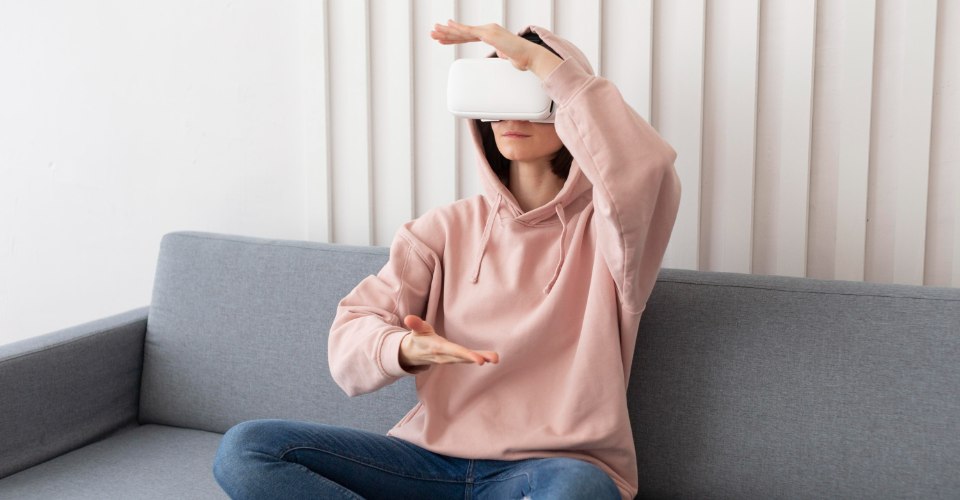
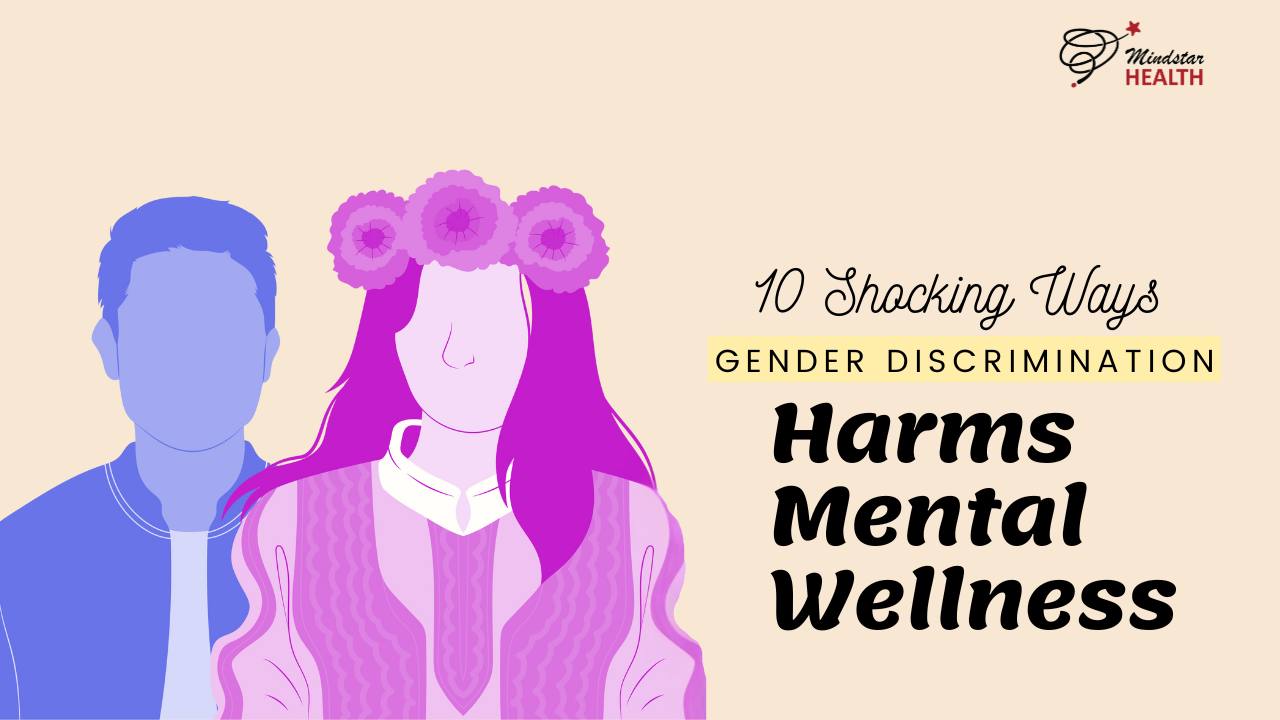
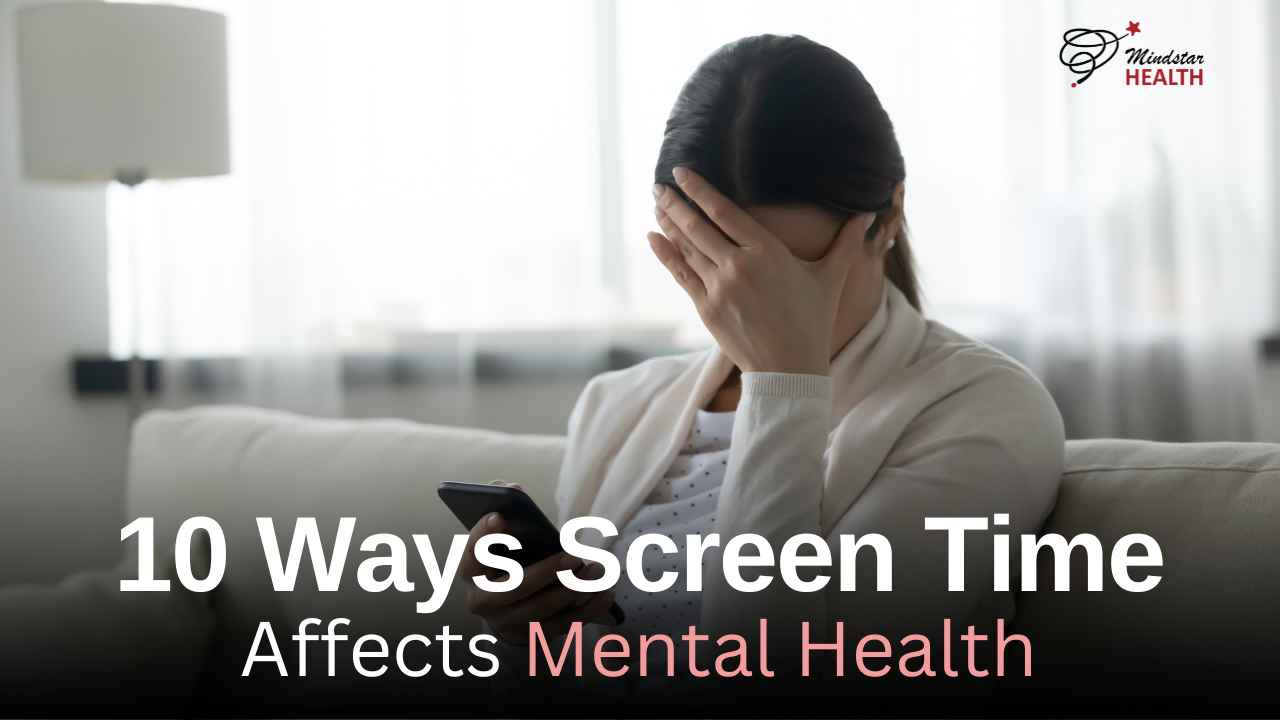

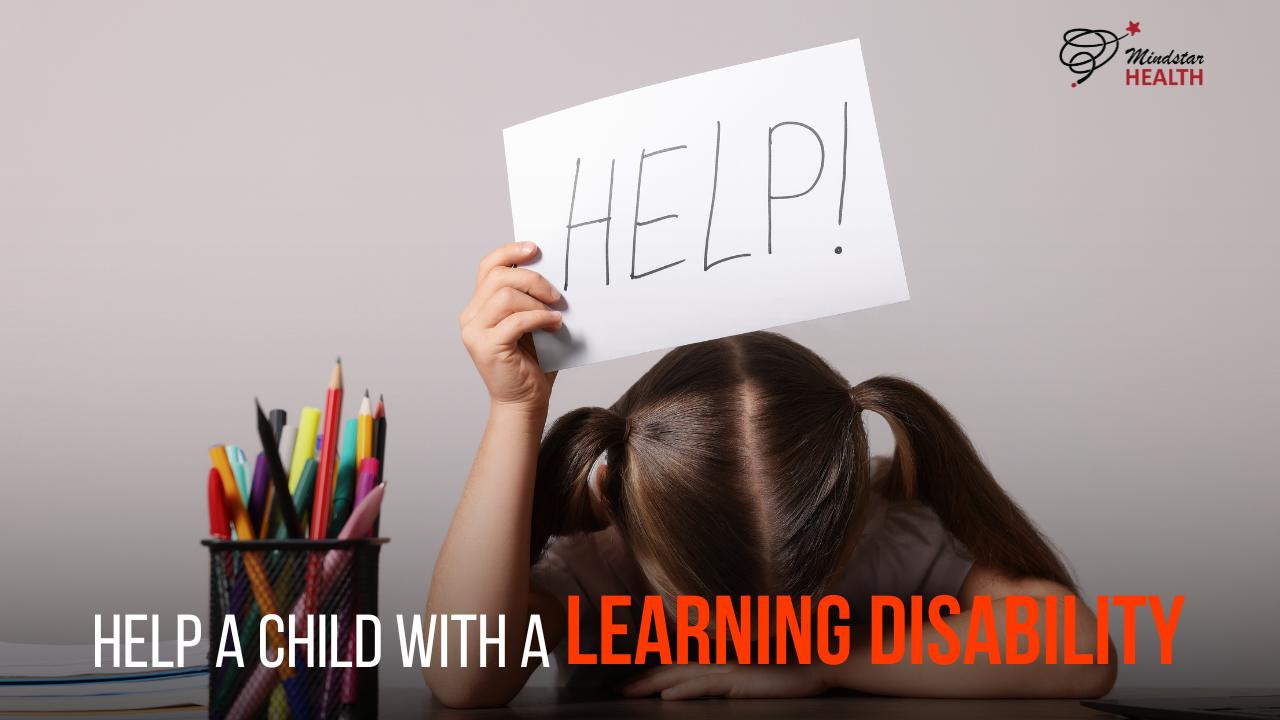
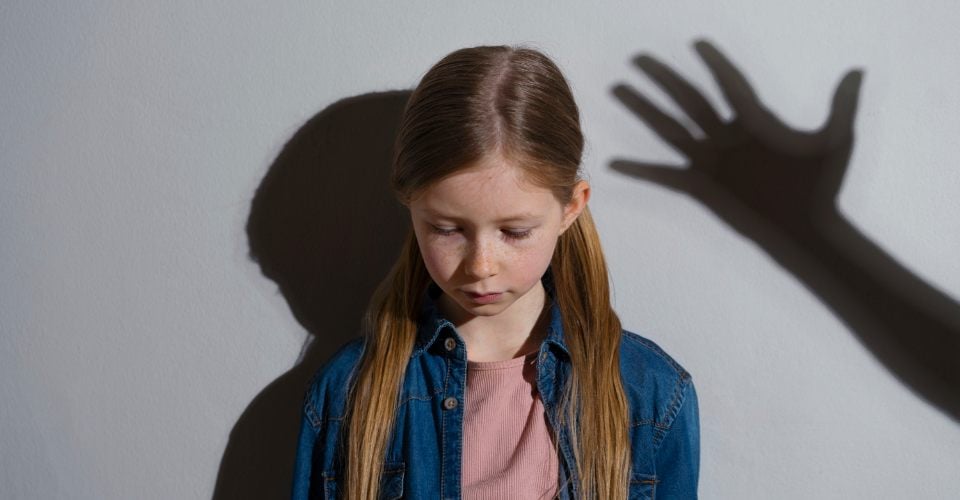
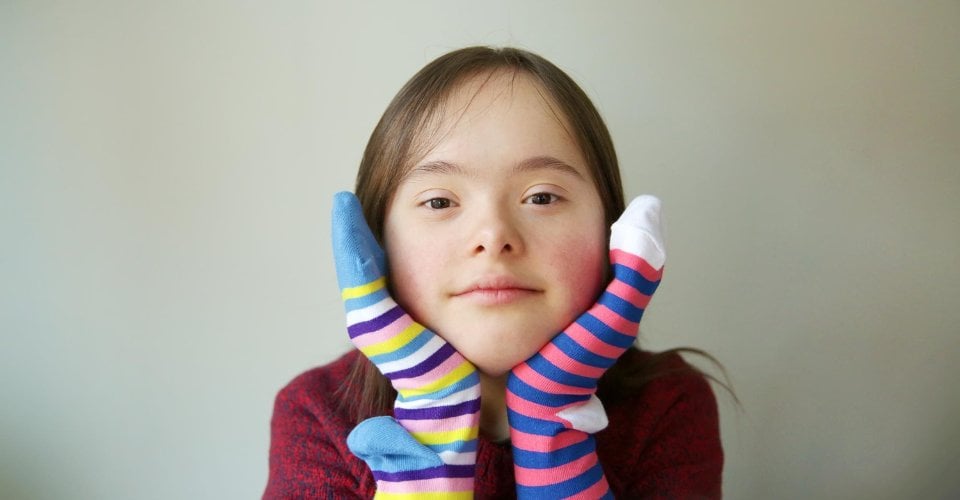





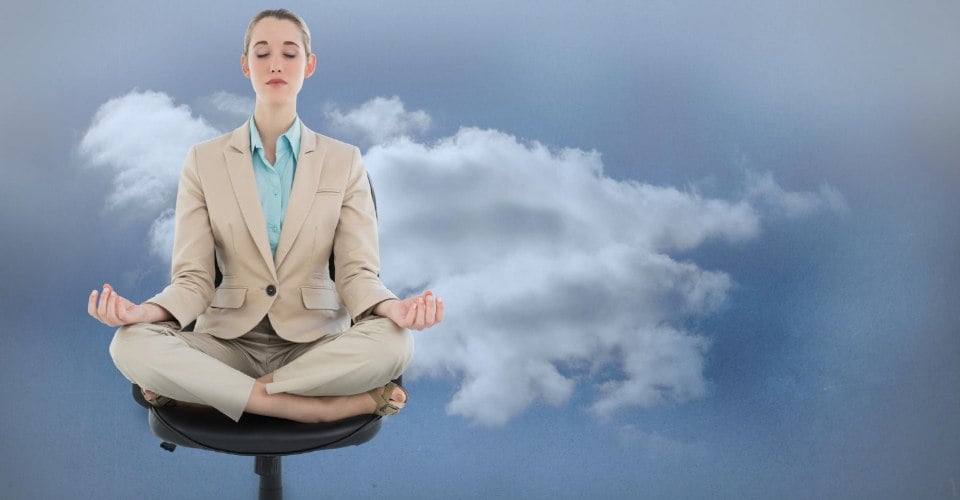
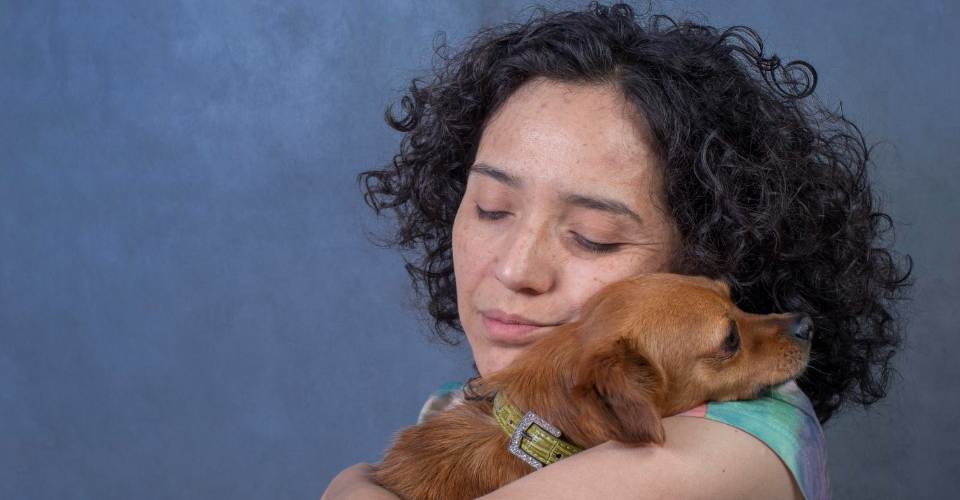







Leave a Reply
You must be logged in to post a comment.